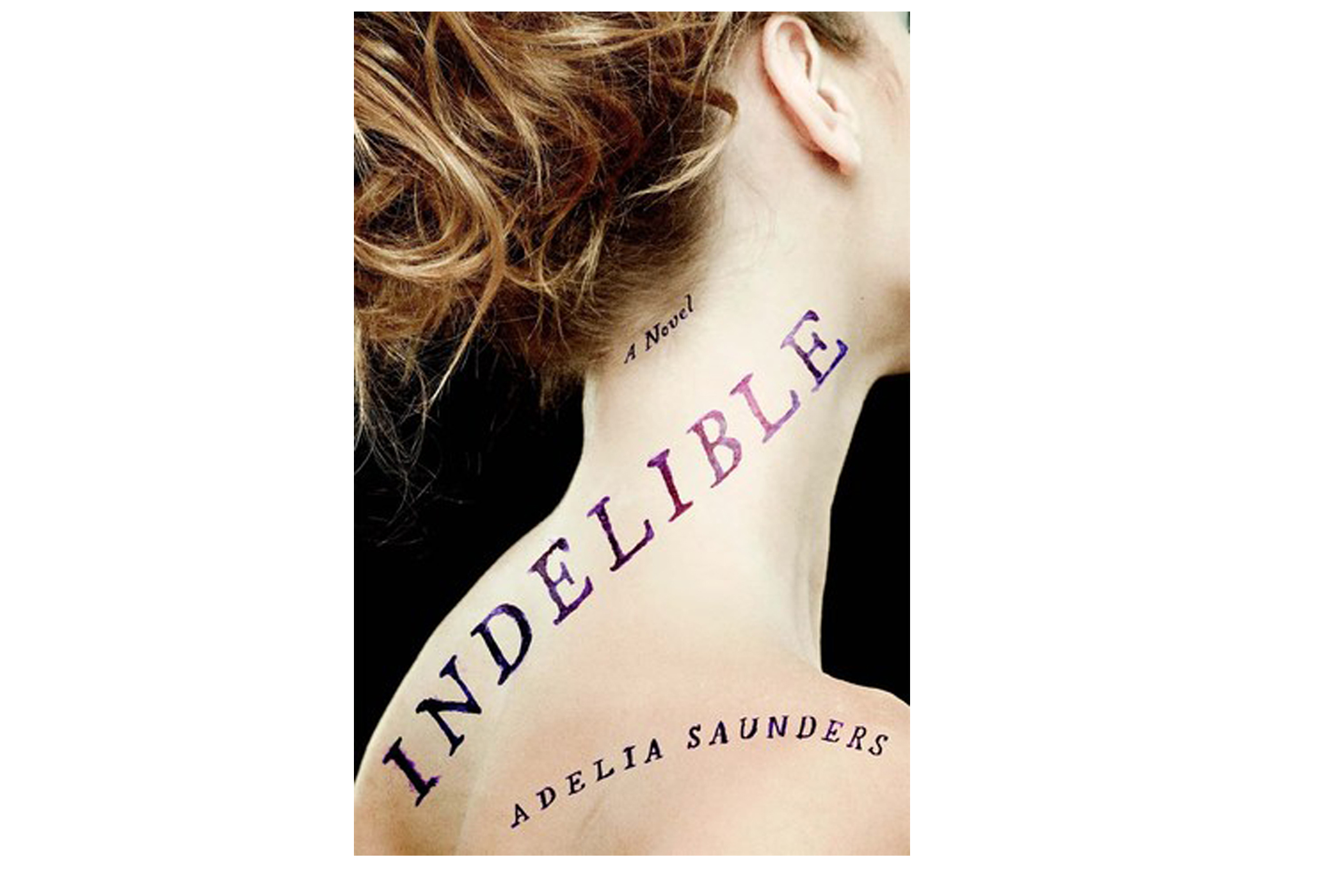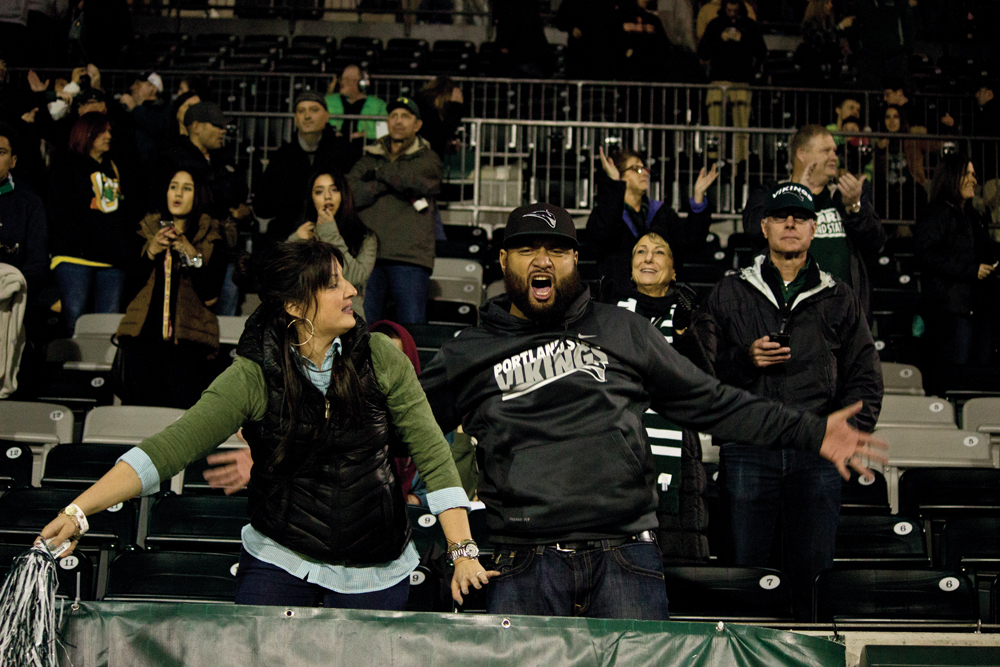Students seek answers to world-wide violence
In the days following the Sept. 11 terrorist attacks, Anne Chernick still vividly recalls, fellow students on the Rollins College campus in Winter Park, Fla., would approach her with questions – big questions.
“How could such evil occur in the world if there is a God?” they asked. “What is God’s role in evil?”
As a religion major, the Fort Worth native was the natural person for classmates to come to with their concerns.
“I’ve seen how quickly people tend to turn to religion in times of distress,” she said. “I’ve taken the opportunity, through my education, to understand the notion of God, faith and evil from different angles of various religions, in hopes of gaining a deeper understanding of humanity.”
But while Chernick had taken courses in Christianity, Judaism, Buddhism and even mysticism, she had no courses in theology or Islam. She was at a loss to answer many of the questions growing out of the attacks.
“I pointed out how little I know,” Chernick, 22, said. “That’s why I’m studying it.”
That’s probably why a lot of other college students are studying religion these days as well – especially Islam.
College and university officials report a surge in course offerings and enrollment in existing classes in the two semesters since 9-11. This growth shows no sign of diminishing.
Amber Carlson, another Rollins student, agrees that the attacks have had a lasting impact on her campus.
“There is definitely more dialogue about religion since 9-11 between students and faculty,” says the 20-year-old junior from Orlando. “You can’t really get away from it.”
Arizona State University now claims “the largest enrollment in courses in religion in any department of religious studies in the United States,” says the department chairman, Joel Gereboff. “This term, 4,500 students are in classes.”
Among the new courses is “Theology of Terror: Bin Laden and the Taliban.” That course, which is cross-listed with political science and anthropology, drew around 130 students, compared to less than 100 for most religion classes. In the fall term it was offered again and drew 140, Gereboff said.
Courtney Kunsman of Pittsburgh was already taking a course on Islam at Rollins when the 9-11 attacks came. Yet it wasn’t until weeks later, after she sat down with her academic adviser for a “deep talk” about the Sept. 11 events that she decided to become a religion major.
“It’s just important to me that I understand people,” says the 22-year-old senior.
Other students are seeking a deeper understanding – and appreciation – of their own faiths.
In the wake of the attacks, Rollins senior Marcie Weinstein says she was stunned by the connection Osama bin Laden made between U.S. support for Israel and his hatred for America. Almost as a self-defense mechanism, she said, she looked for ways to deepen her Jewish identity.
One reaction was to sign up for professor Yudit Greenberg’s course, “Jewish Life and Thought.”
“I wanted to take more courses because it seemed like it was a place to turn to, where I could learn about Jewish culture and meet other Jewish kids,” said the 22-year-old senior, from Swampscott, Mass. “I can’t let myself believe in a religion I know nothing about.”
Many students are selecting courses dealing with different religions, and the way religious differences can lead to global conflict.
“Most of it is coming from 9-11,” said Philip Goff, director of the Center for the Study of Religion and American Culture at Indiana University-Purdue University in Indianapolis.
Registration in religion courses at his university is up 20 percent from a year ago, and it shows no sign of dropping.
“It’s a long time since I’ve seen students so engaged in a topic,” Goff says. “They are interested in geo-politics and the issue of Muslims in the United States.”
Professors at other universities agree.
“After 9-11, my students are more interested in the meaning of fundamentalism and, of course, I encourage their investigation,” said Amanda Porterfield of the University of Wyoming. The president of the American Society of Church History and co-author of “Religion on Campus” has noticed something else.
“I perceive a softening of what, prior to 9-11, I might have called Christian fundamentalism, and increased emphasis on tolerance among conservative Christians,” she says. “The change is subtle but profound” among her students.
At Stetson University in DeLand, Fla., more religion courses have been added for students who may be gravitating to the subject as a result of 9-11.
This fall, the religious studies department is offering a seminar on “Religion and Violence,” taught by Donald Musser, professor of religious studies.
“We are using Mark Juergensmeyer’s book `Terror in the Mind of God: The Global Rise of Religious Violence,'” Musser said. “The author and several other scholars will visit our class.”
But some professors and administrators caution that this trend began before September’s attacks, and may not be solely the result of the terrorism.
Professor Christian Smith, of the University of North Carolina at Chapel Hill, has seen an increase in enrollment, although he is not sure why.
“I know I have 50 students in my “Religion and Society” class this semester, when I only had 35 last time, before 9-11,” he said. “But who knows what that can be attributed to?”
A controversy erupted over the summer when incoming freshmen at UNC were required to read a critical study of Islam’s holy book, the Quran. A conservative organization, the Virginia-based Family Policy Network sued the university in federal court to block the assignment, but lost.
The University of South Florida now has the highest number of undergraduate religion majors in its history, according to Dell deChant, director of undergraduate studies for the department.
But deChant said the interest is not a result of the terrorist attacks.
He suspects it’s driven by the broader culture, in which “people are interested in looking at religion from an academic standpoint, as opposed to a faith-based perspective.”
Darryl Hart, professor of church history and academic dean at Westminster Theological Seminary in Escondido, Calif., is equally skeptical. He said he has not seen evidence of the trend, at least west of the Mississippi.
“My sense is that there is more interest in civic ideals and patriotism and tolerance than religion,” he said. “I haven’t seen a religious spin on it. I haven’t seen it playing out on the campus.”
Yet it is clearly playing out in the area of academic interest in Islam, and how elements of that faith may be linked to terrorism, according to professors and administrators who are convinced that 9-11 has had great impact on campuses.
“I definitely want to take an Islamic course, to have the knowledge of all cultures,” said Carlson of Rollins.




